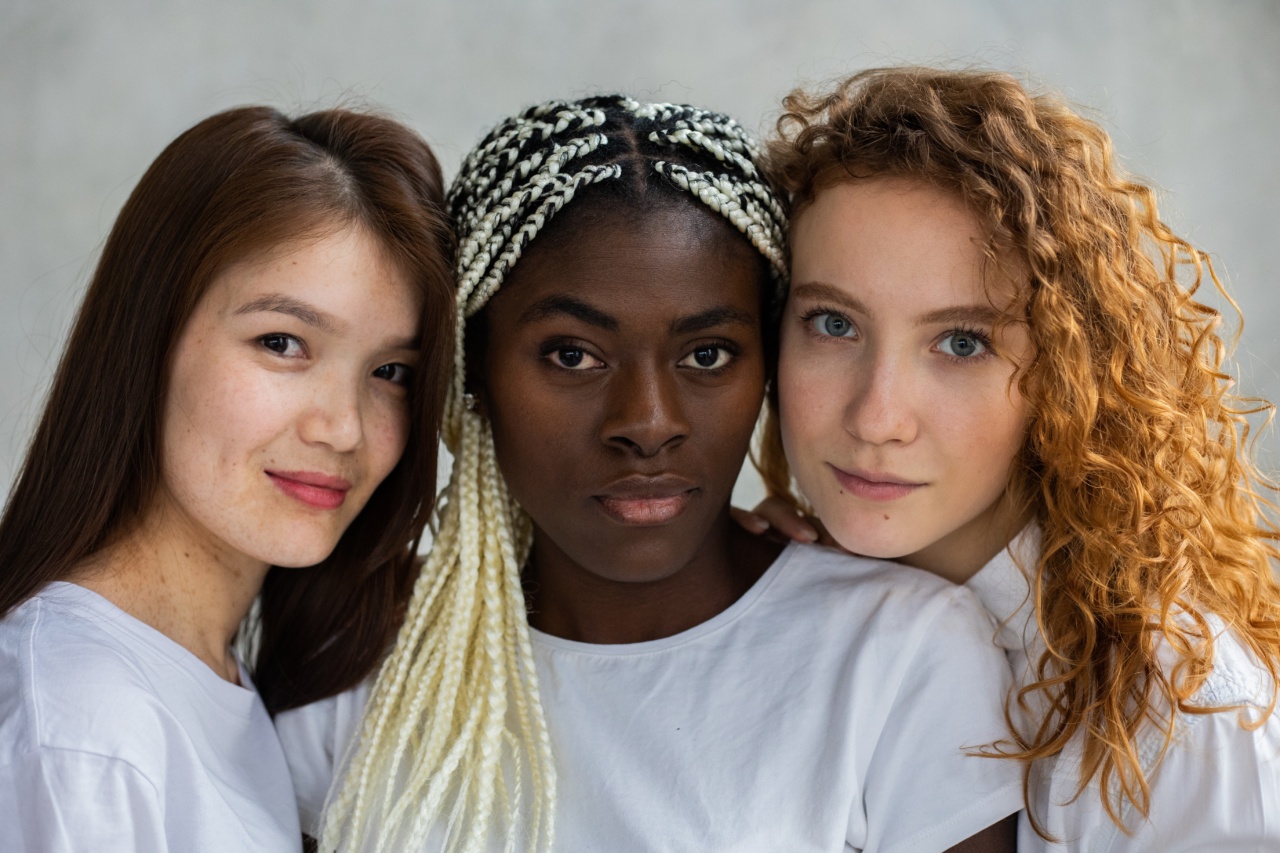Sneezing is a natural reflex that helps protect your body from harmful irritants. It is an involuntary action that occurs when something enters your nasal passages and irritates the delicate lining.
The purpose of sneezing is to expel these irritants and keep your respiratory system clean and healthy. In this article, we will delve into the significance of respecting your body’s natural reflex to sneeze.
Understanding the Sneezing Reflex
When an irritant such as dust, pollen, or pet dander enters your nose, it triggers the sneezing reflex. This reflex is controlled by the trigeminal nerve, which sends signals to the brain to initiate the sneeze.
The brain then sends a message to your respiratory muscles, causing a sudden and forceful expulsion of air through your nose and mouth. Sneezing is an automatic response that your body instinctively performs to protect your health.
The Benefits of Sneezing
Sneezing offers several benefits that help maintain the well-being of your respiratory system. Here are a few of them:.
1. Eliminating Irritants
Sneezing is an efficient way to remove irritants from your nasal passages. The forceful expulsion of air dislodges foreign substances, preventing them from entering your lungs and potentially causing infections or allergies.
2. Clearing Nasal Congestion
When you have a cold or suffer from allergies, your nasal passages can become congested. Sneezing can help alleviate this congestion by expelling excess mucus and clearing the nasal cavity, allowing for better breathing.
3. Boosting Immune Function
Sneezing also plays a role in enhancing your immune system. It is a response that helps your body defend against harmful microorganisms that may enter your respiratory system.
By expelling irritants, sneezing reduces the risk of infections and promotes overall health.
Respecting the Sneezing Reflex
Respecting your body’s natural reflex to sneeze is crucial for maintaining your respiratory health. Here are a few ways you can do so:.
1. Allow Yourself to Sneeze
When you feel the urge to sneeze, don’t suppress it. Instead, let your body perform this reflexive action. Holding back a sneeze can cause discomfort and potentially harm your nasal passages.
2. Use Tissues or Your Elbow
To prevent the spread of germs, always sneeze into tissues or your elbow. This practice helps contain the droplets released during sneezing and prevents them from spreading to others.
3. Maintain Good Hygiene
Practicing good hygiene, such as washing your hands regularly, can minimize the risk of infections and allow your body to effectively handle sneezing episodes.
Common Questions about Sneezing
1. Why do we close our eyes when we sneeze?
When you sneeze, your body’s reflex is to close your eyes involuntarily. This protective mechanism shields your eyes from any potential harm caused by the forceful expulsion of air.
2. Can you sneeze with your eyes open?
It is possible to sneeze with your eyes open, although it’s a rare occurrence. Sneezing is an involuntary action, and the reflex to close your eyes usually accompanies it.
3. How fast does a sneeze travel?
A sneeze can travel at speeds of up to 100 miles per hour. This forceful expulsion of air helps dislodge irritants and expel them from your body efficiently.
Conclusion
Sneezing is a crucial reflex that protects your body from harmful irritants and helps maintain the health of your respiratory system.
By respecting your body’s natural urge to sneeze and following proper hygiene practices, you can promote your overall well-being and keep your respiratory system functioning optimally.





























